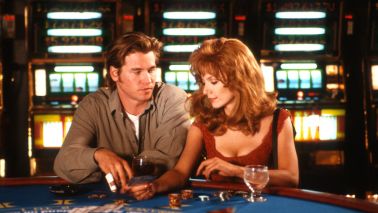The word ‘romance’ has come down in the world, and the romantic novel is one in which the love-interest predominates. A romance used to be more spirited, a tale of adventure in which the events are striking and come perilously close to being improbable. That scene in my favourite Dumas novel, Le Vicomte de Bragelonne, in which d’Artagnan kidnaps General Monck, puts him in a box and transports him across the sea to meet the exiled Charles II and be persuaded to restore him to the throne, is highly improbable but a splendid invention. Dumas is the master of this sort of thing. In Twenty Years After, there is another astonishing scene, that in which d’Artagnan and the other musketeers engage to rescue Charles I from the scaffold; they are concealed beneath it, but something — I forget what — has gone wrong; the execution is done and the king’s blood drips down on them.

Get Britain's best politics newsletters
Register to get The Spectator's insight and opinion straight to your inbox. You can then read two free articles each week.
Already a subscriber? Log in





Comments
Join the debate for just £1 a month
Be part of the conversation with other Spectator readers by getting your first three months for £3.
UNLOCK ACCESS Just £1 a monthAlready a subscriber? Log in